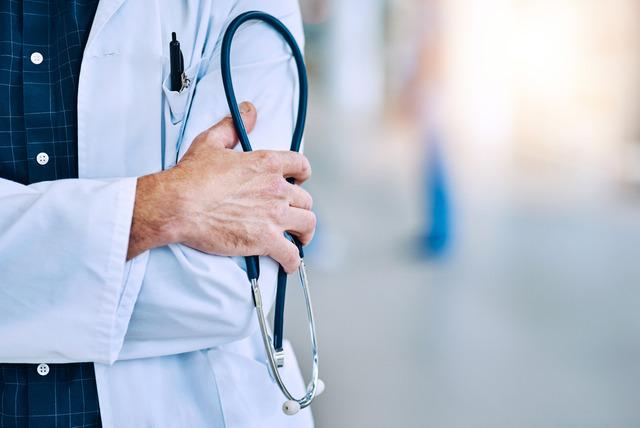Internal Medicine Specialist Dr. Fatih Sönmez made statements about hypertension. Expert who defined hypertension. Dr. Sönmez said, “Hypertension (HT) is when blood pressure is higher than normal. Blood pressure is the pressure that blood exerts on the walls of the arteries. Blood pressure is systolic pressure (the maximum pressure at which blood is pumped into the arteries when the heart is beating) and diastolic pressure (the minimum pressure in the arteries when the heart is resting). “It consists of two values, popularly known as systolic and diastolic blood pressure,” he said.
“HEADACHE MAY OCCUR”
Stating that hypertension, which is seen at a rate of approximately 30 percent in individuals over the age of 30 in Turkey, is seen in approximately half of the population over the age of 40, Sönmez said, “The disease is sometimes described as a silent killer because it causes organ damage without causing any symptoms. The most common headache (like hitting the back of the head) “We encounter symptoms such as dizziness, eye redness, nose bleeding, flashing (facial redness), and frequent urination at night,” he said.
“IT IS DIAGNOSED BY LOOKING AT THE AVERAGE OF WEEKLY BLOOD PRESSURE FOLLOW-UPS”

Specialist noted that there are things that the patient as well as the doctor should do and pay attention to in the diagnosis of hypertension. Dr. Sönmez said, “While many diseases can be diagnosed laboratoryly and radiologically, hypertension is diagnosed by looking at the average of weekly blood pressure monitoring done in the home and office environment. Normal blood pressure should be between 90/60 and 120/80. In case of momentary stress and physical activity, blood pressure increases due to sympathetic activity.” “It is normal for it to rise just like the pulse, but this elevation is short-term and usually does not require treatment,” he said.
“DRUG TREATMENT AND LIFESTYLE CHANGE SHOULD BE PLANNED TOGETHER”

Specialist said that increased blood pressure is in the range of 120-139/80-89. Dr. Sönmez said, “This group of patients should be followed closely, just like hypertension patients, and lifestyle changes should be made. The presence of additional risk factors (such as diabetes, cardiovascular diseases, kidney failure) may require the start of drug treatment. In hypertension, the patient’s blood pressure is 140 even at rest.” /90. Drug treatment and lifestyle changes should be planned together.

Lifestyle changes in hypertension include exercise, weight loss if necessary, stress management, salt restriction, smoking cessation, alcohol restriction and the DASH diet. Hypertensive crisis is when blood pressure is above 180/120. It requires urgent treatment. “The patient should go to the emergency room if possible,” he said.

